Organisational Behaviour: Team Development, Philosophies, and Barriers
VerifiedAdded on 2023/01/13
|19
|891
|86
Report
AI Summary
This report analyzes key concepts in organisational behaviour, focusing on team dynamics and development. It explores various types of organisational teams, including problem-solving, functional, and project teams. The report delves into the Tuckman development model, outlining the stages of team formation, storming, norming, performing, and adjourning. Additionally, it examines the Belbin typology, defining different team roles like Shaper, Implementer, and Complete Finisher. The report further discusses philosophies of organisational behaviour, such as leadership styles and environmental characteristics, and highlights barriers to these theories, including unorganized management, situational resistance, perception, communication issues, discrimination, and uncertain activities. Finally, the report emphasizes the importance of team development and the application of theories to achieve organisational goals.
1 out of 19
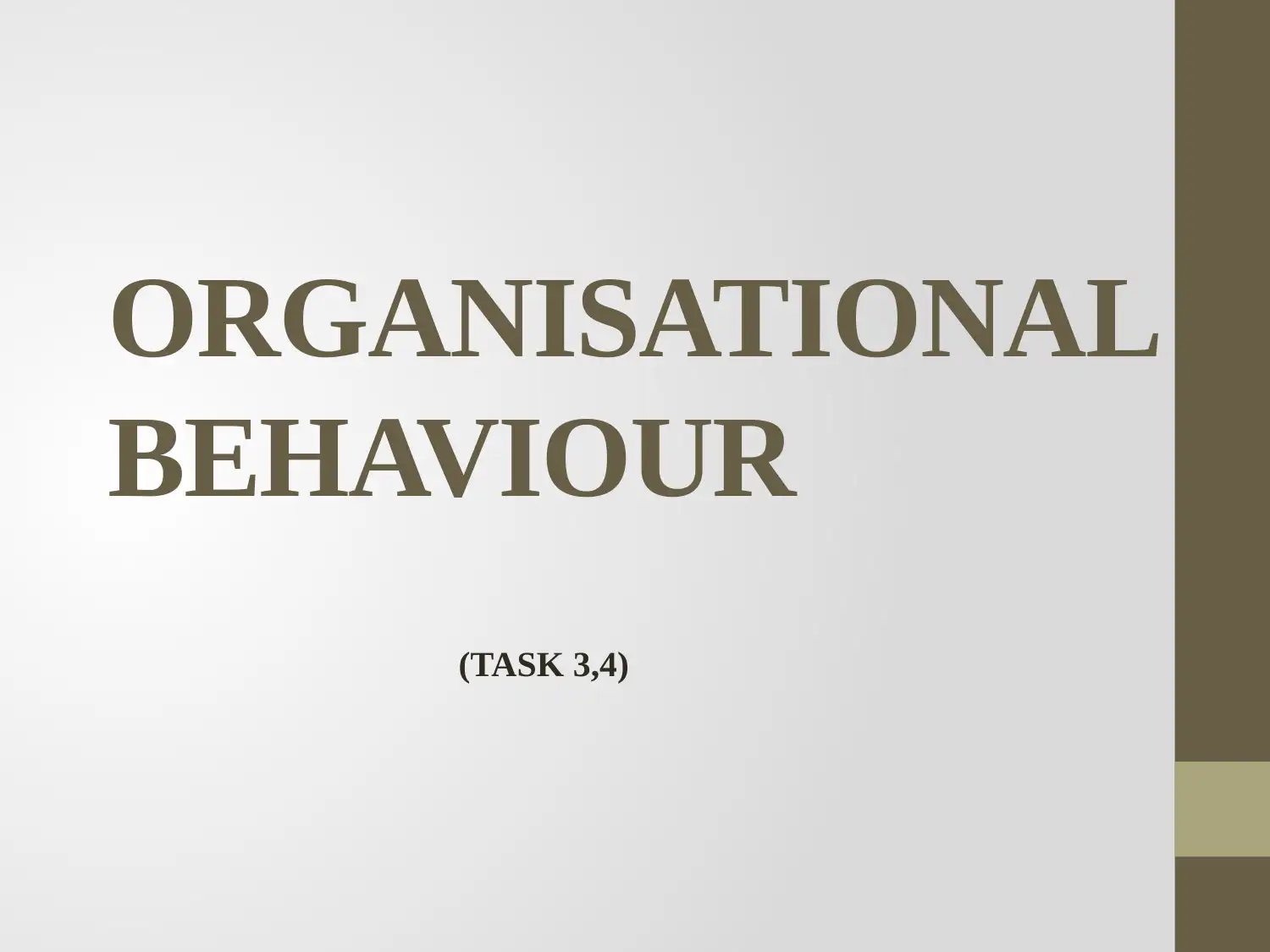
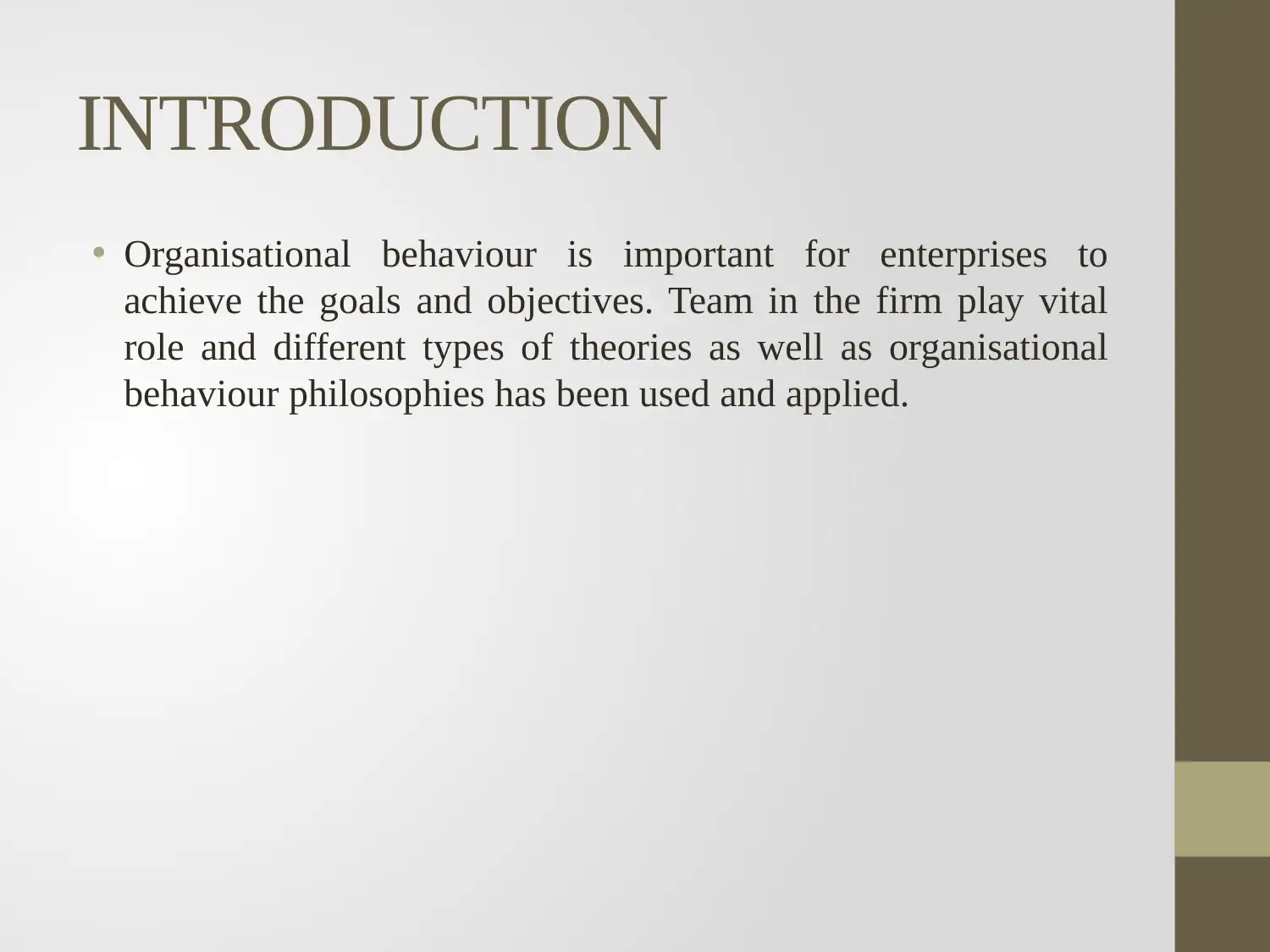
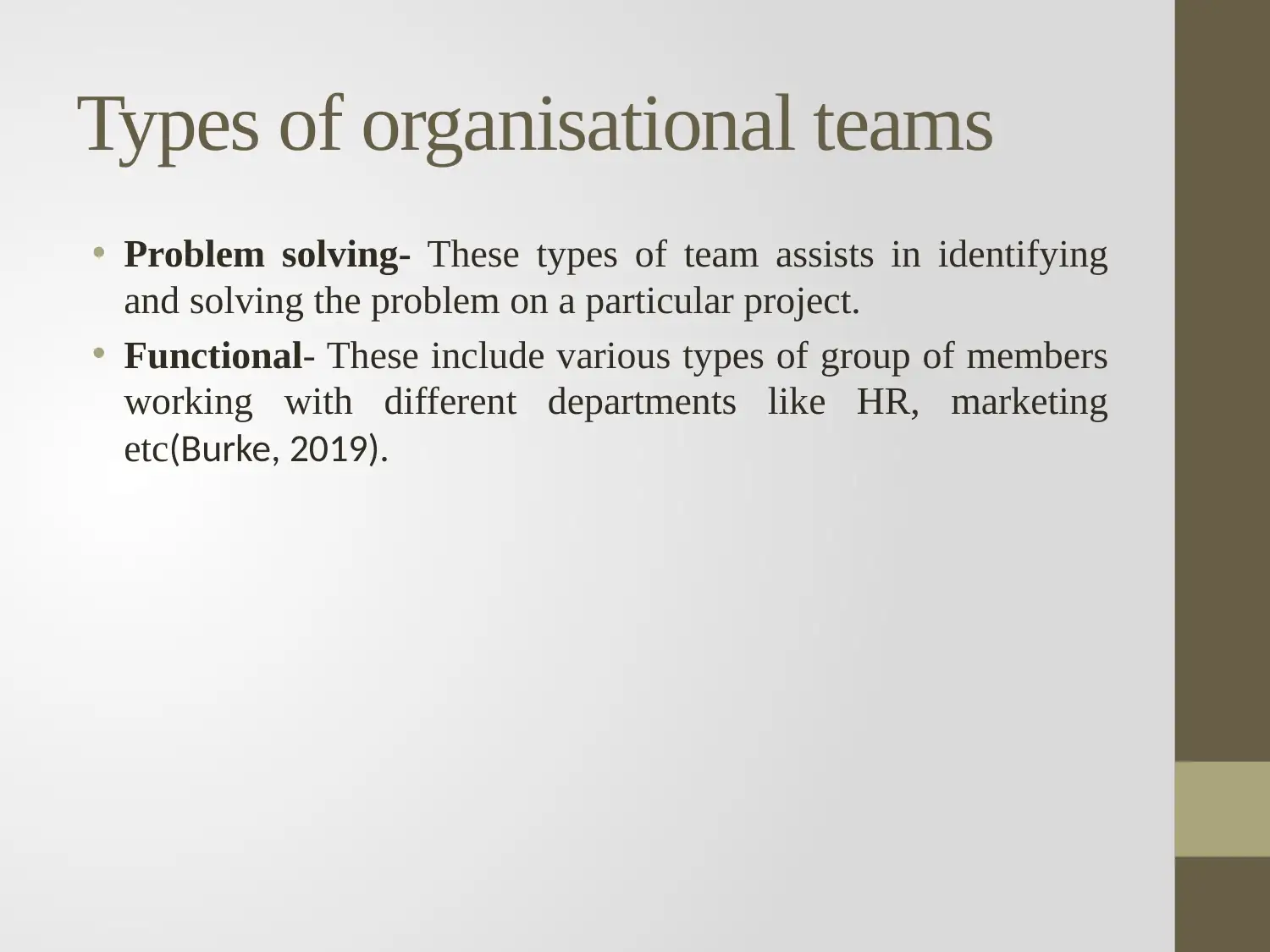

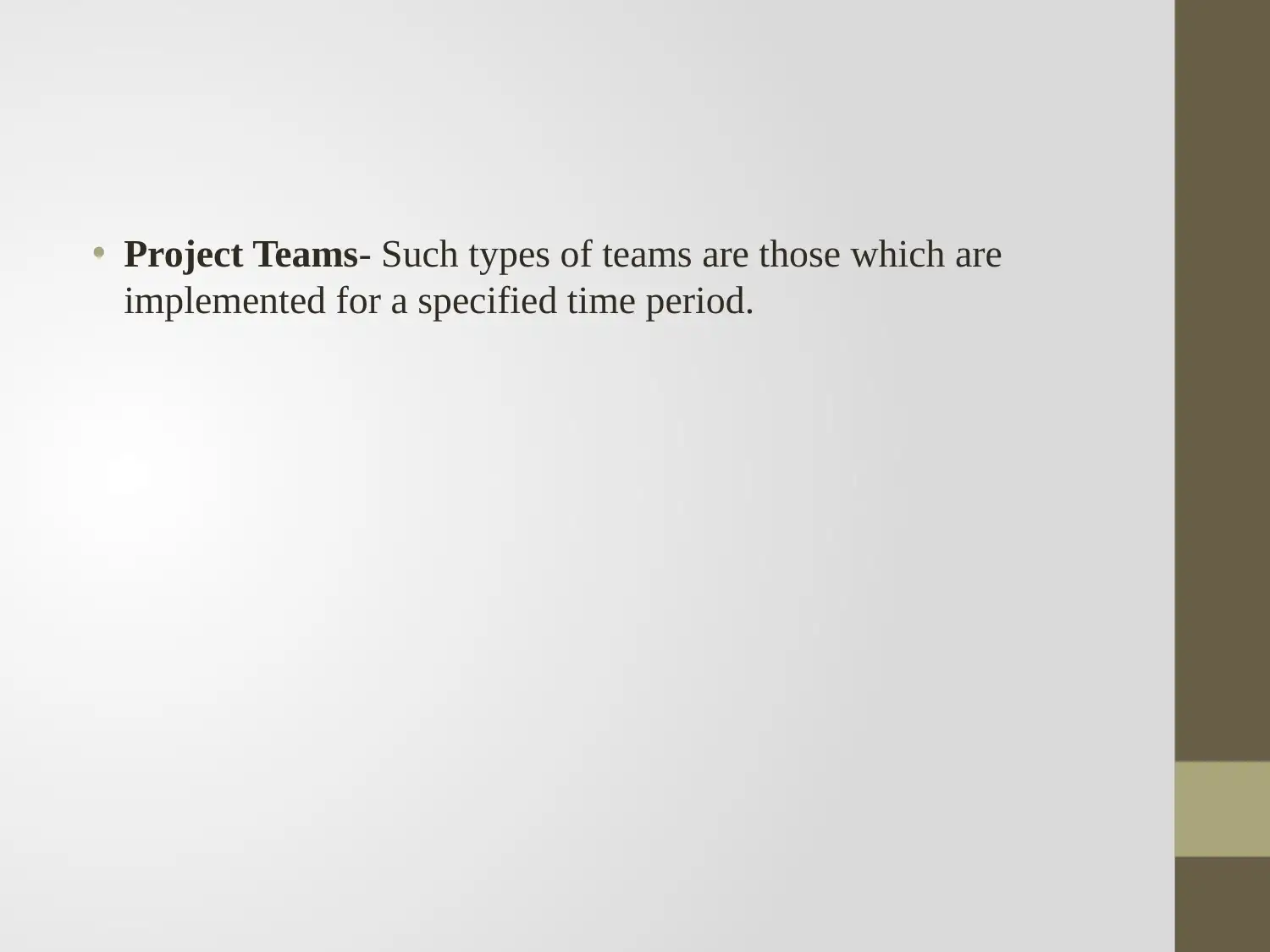
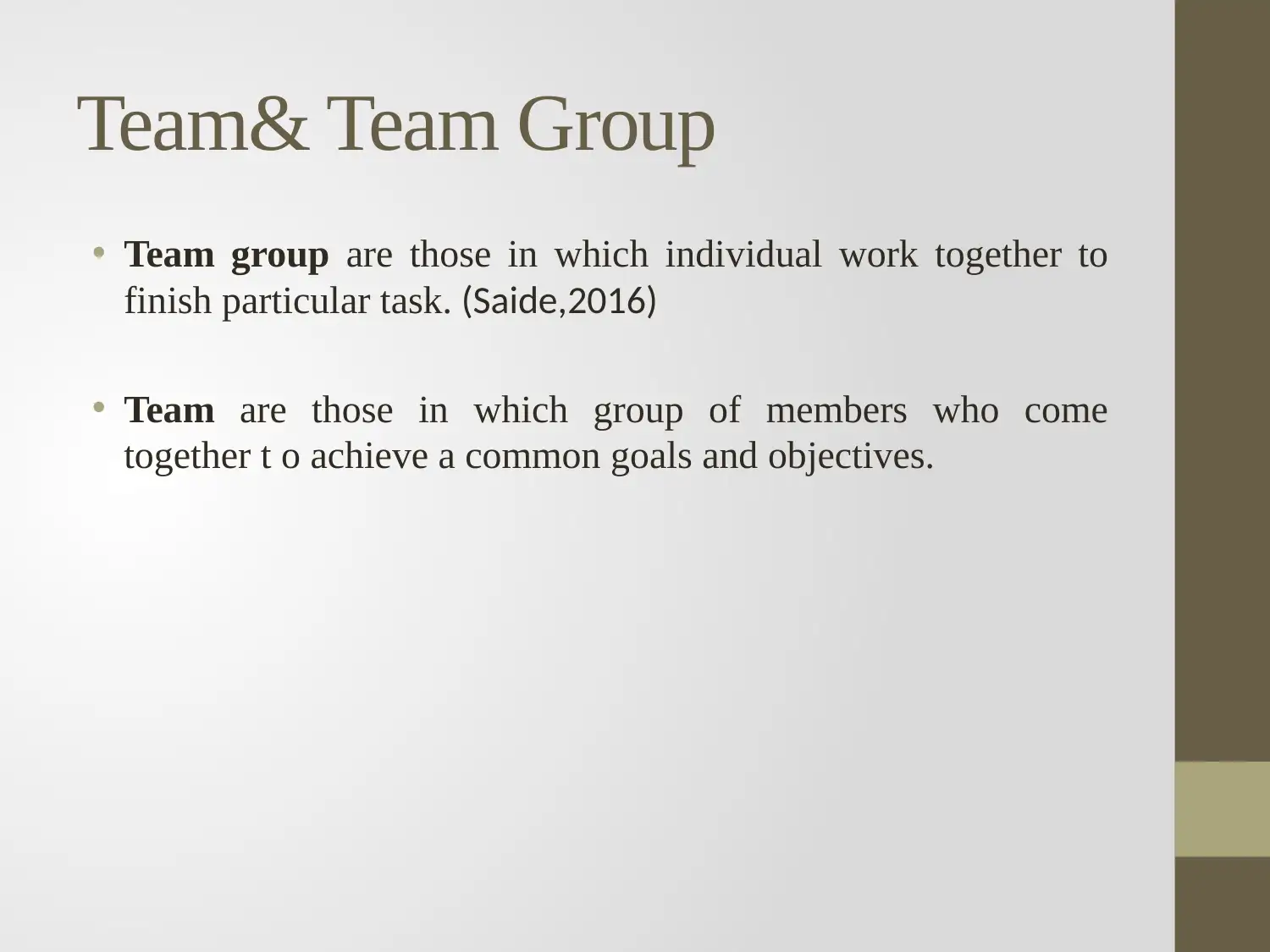
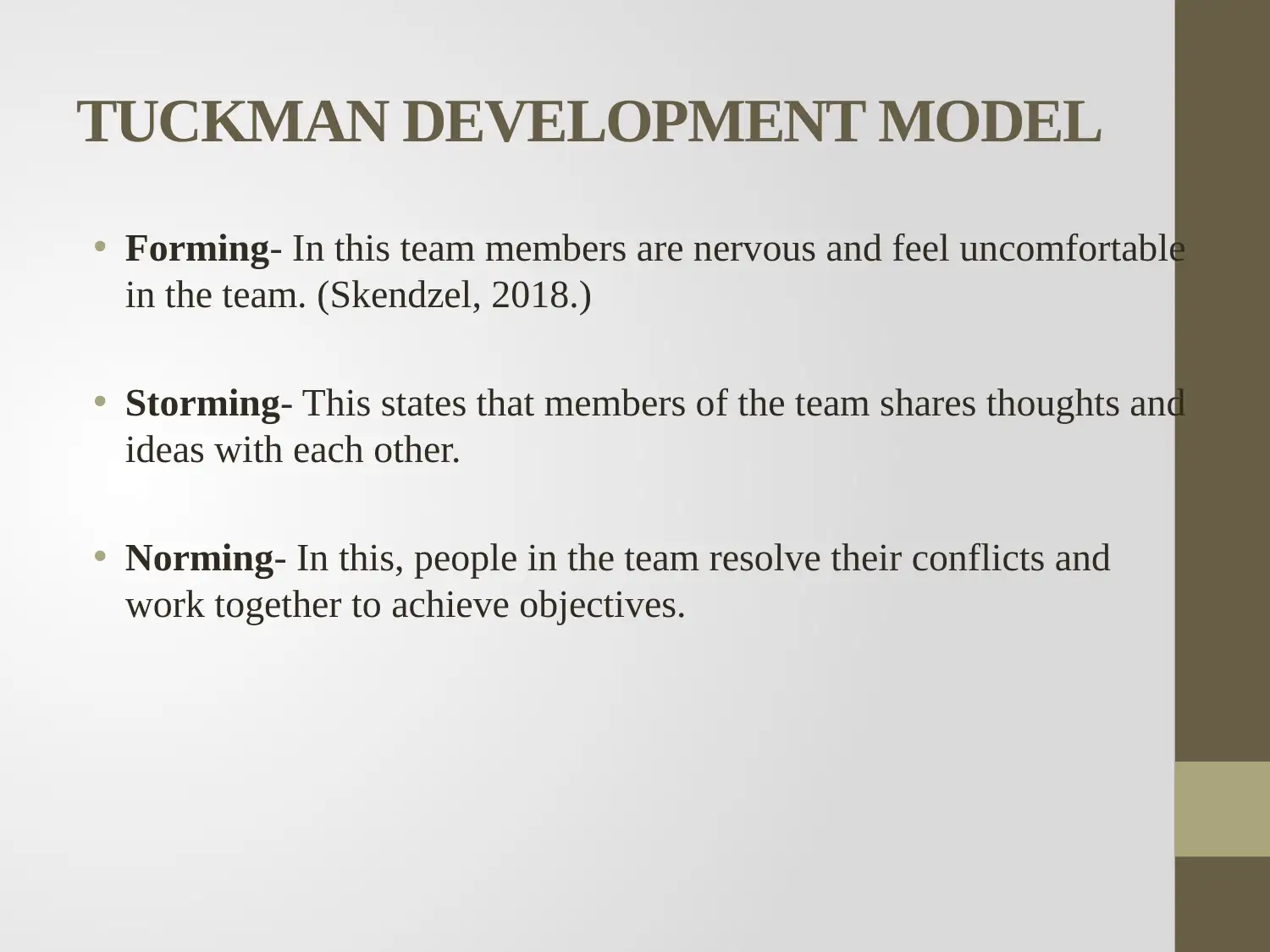
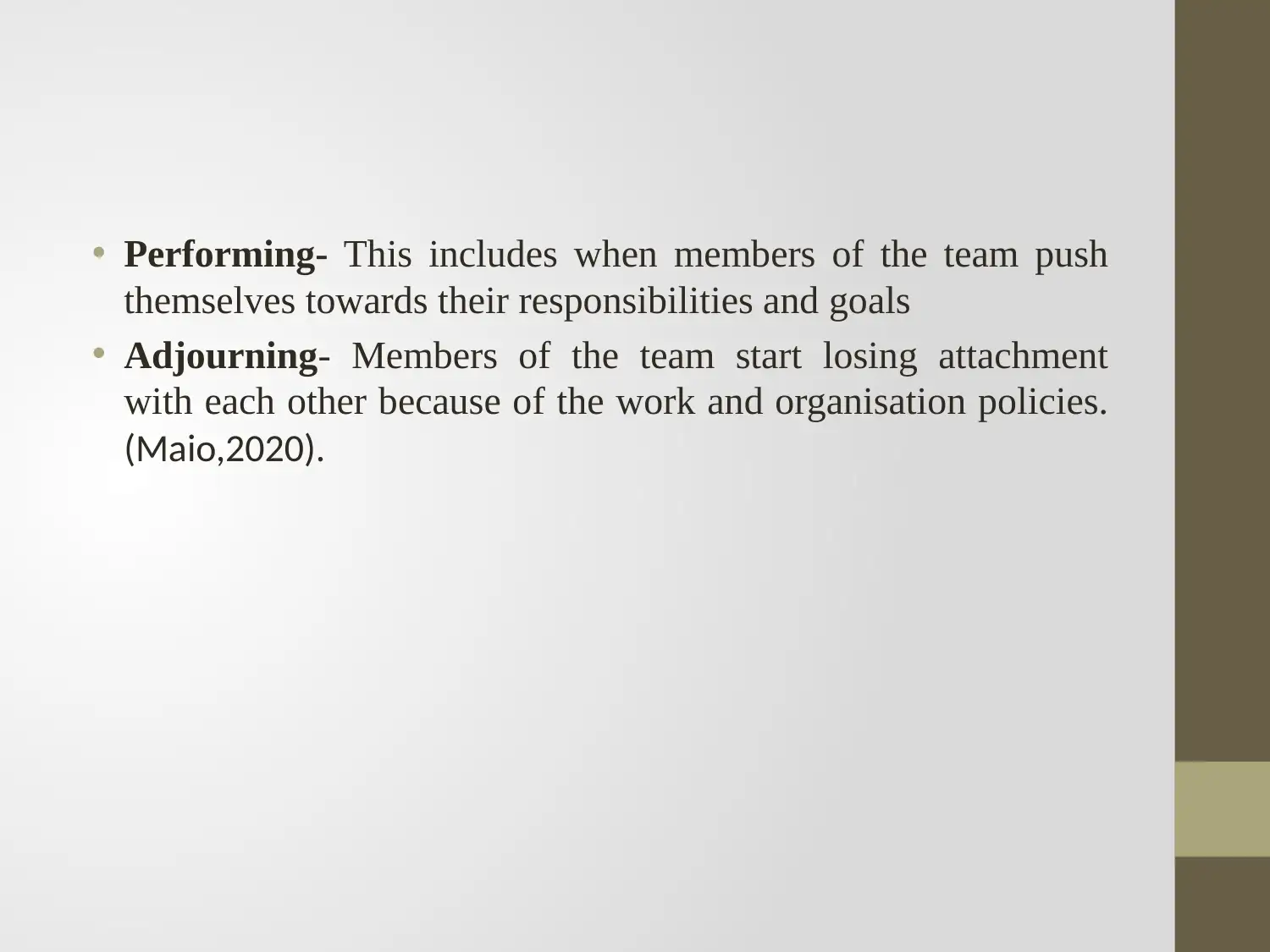
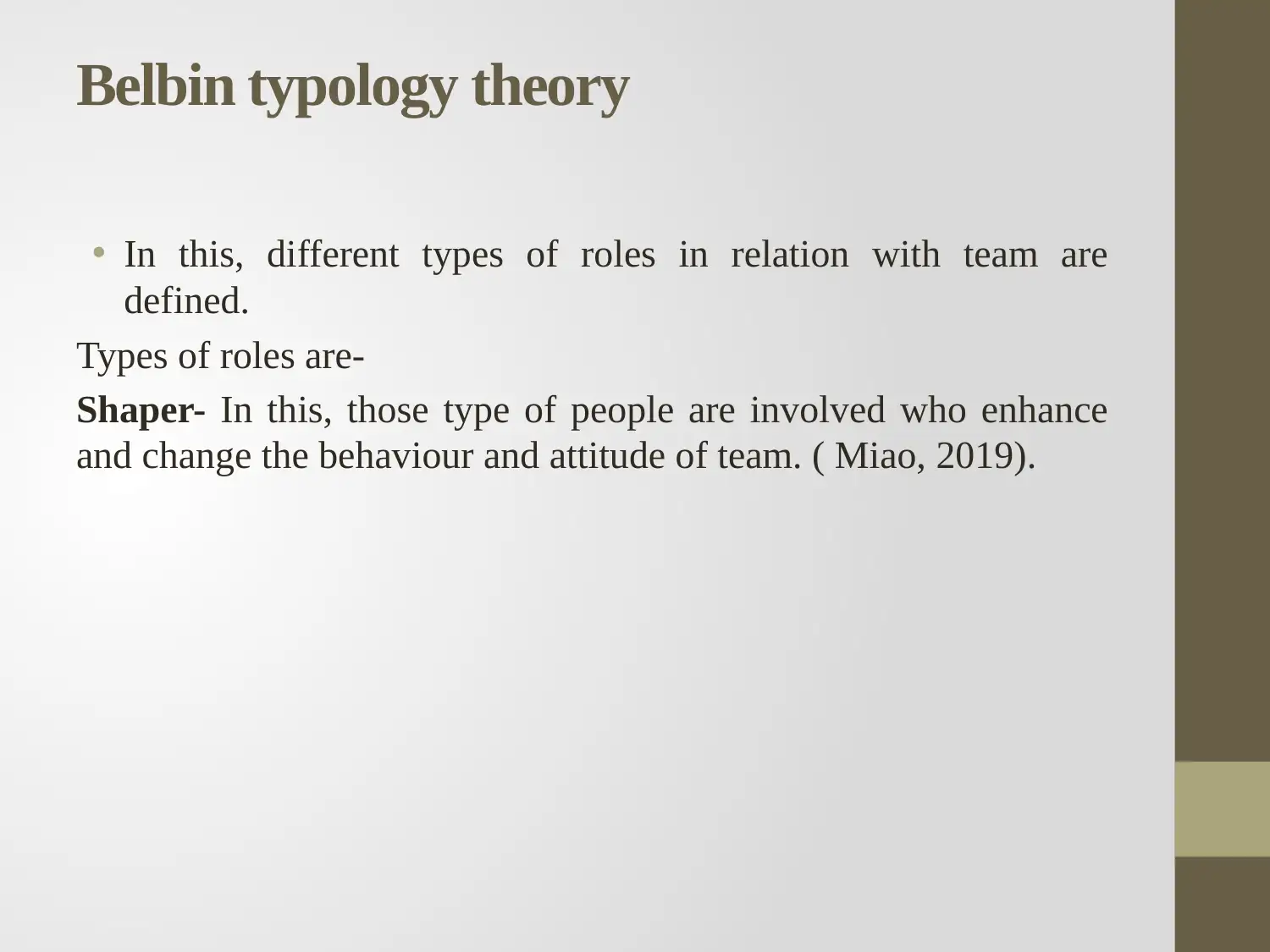
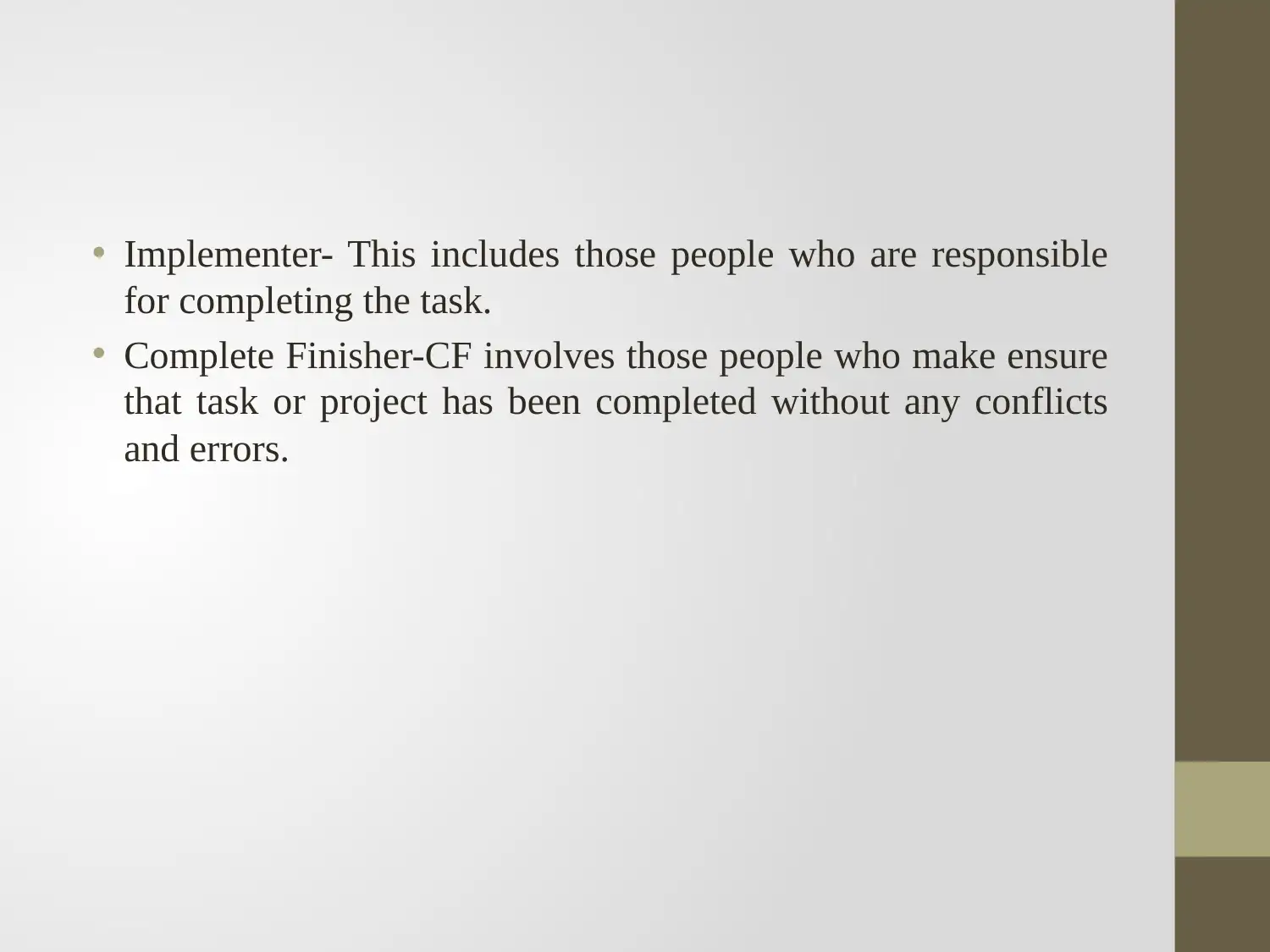
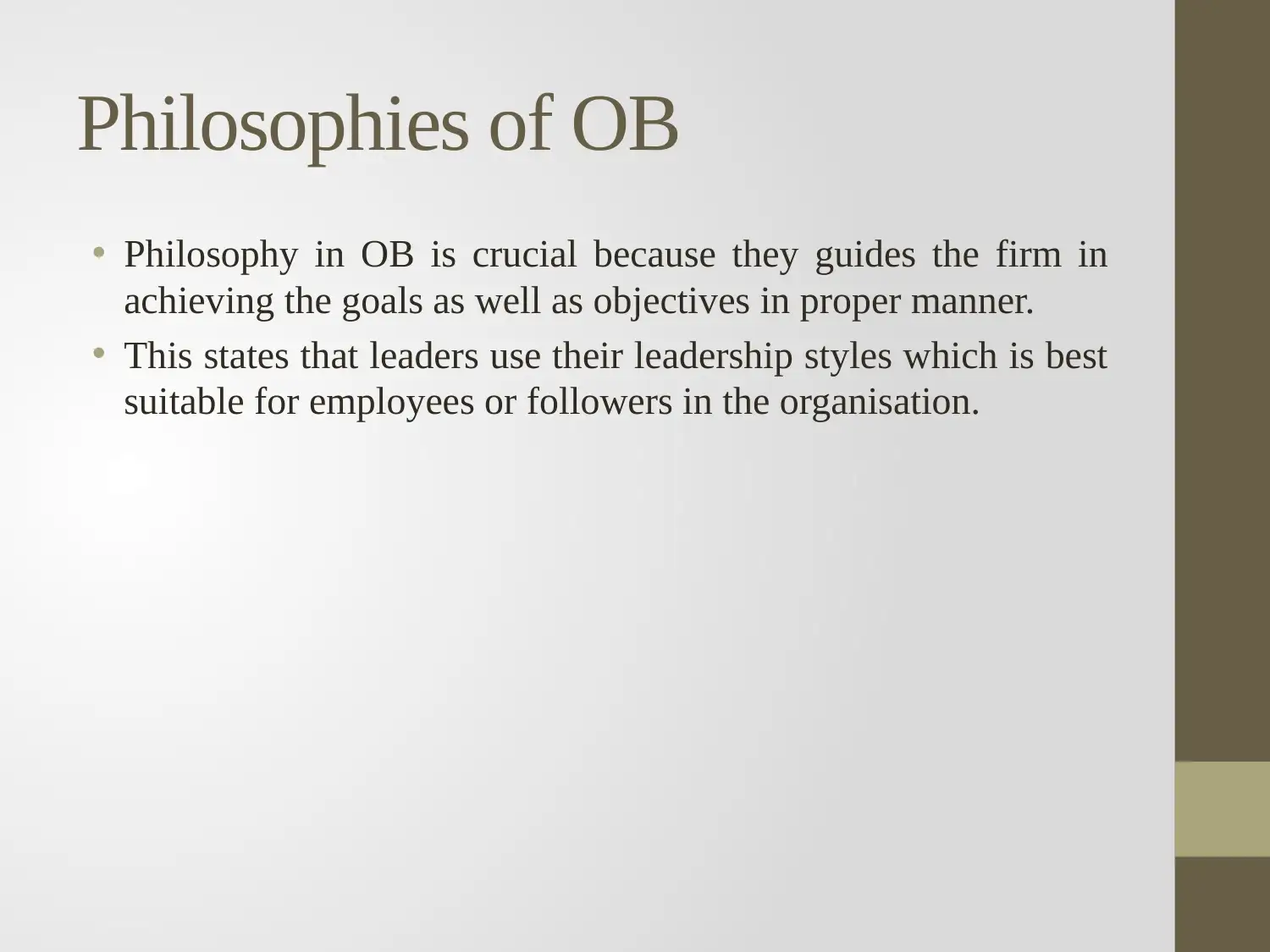
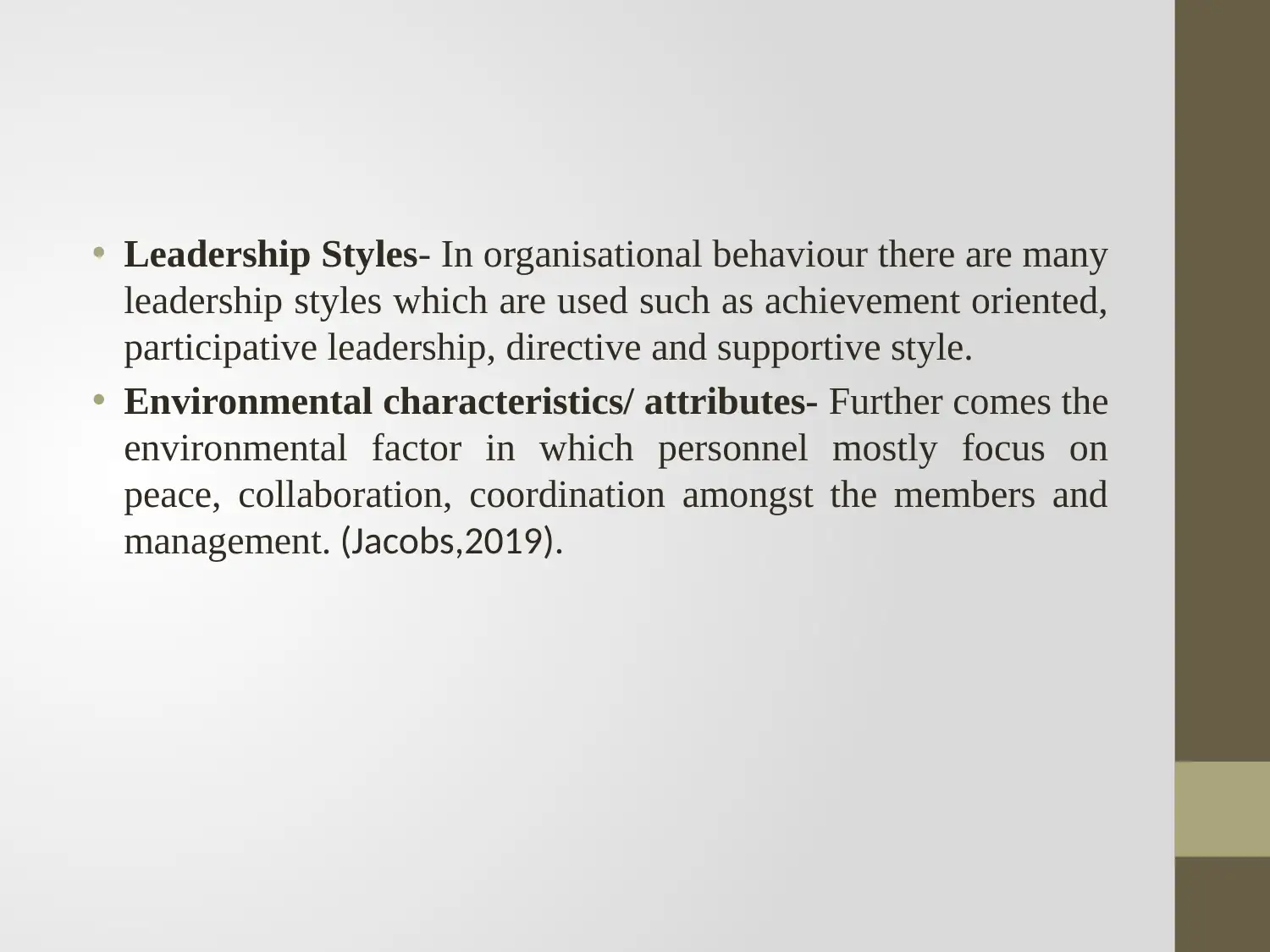
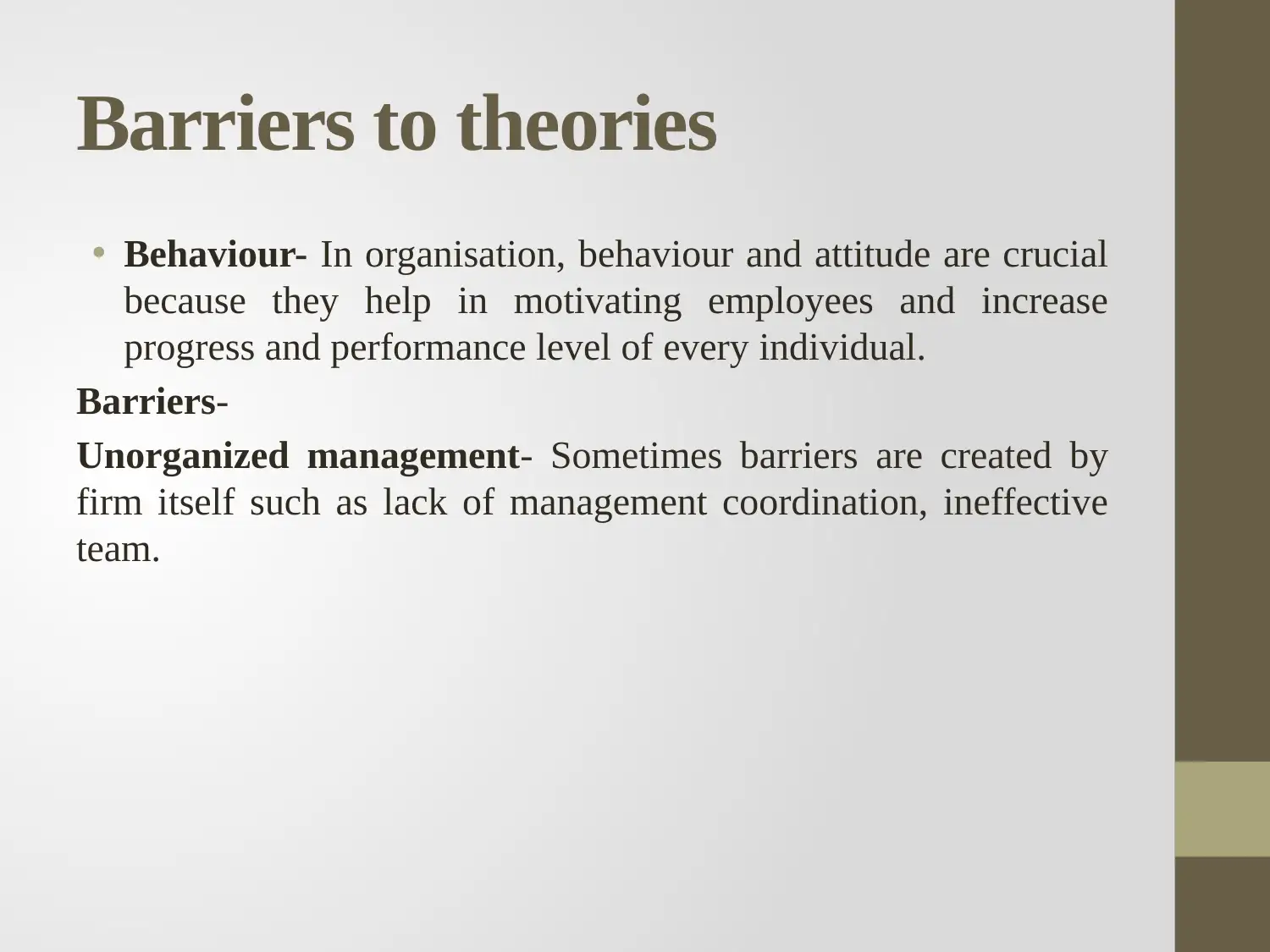





![[object Object]](/_next/static/media/star-bottom.7253800d.svg)